I want to write some code that takes input from stdin, and prints the input on the next line, until a signal is sent, the signal being SIGINT in this case. So far I have this code which just prints a message when SIGINT is sent:
#include <unistd.h>
#include <string.h>
#include <signal.h>
#include <stdio.h>
#include <stdbool.h>
#include <time.h>
bool signalSent = false;
void flag(int signal) {
signalSent = true;
}
int main(int argc, char** argv) {
struct sigaction sa;
memset(&sa, 0, sizeof(sa));
sa.sa_handler = flag;
sa.sa_flags = SA_RESTART;
sigaction(SIGINT, &sa, 0);
while (true) {
while (!signalSent) {
usleep(500000);
}
printf("signal sent\n");
signalSent = false;
}
return 0;
}
I tried using fgets() to get the input from stdin and print to stdout, but when I enter ^C (SIGINT) I have to press enter, but I want it to send the message ("signal sent\n"); as soon as it is pressed like the code I currently have. Code using fgets():
#include <unistd.h>
#include <string.h>
#include <signal.h>
#include <stdio.h>
#include <stdbool.h>
#include <time.h>
bool signalSent = false;
void flag(int signal) {
signalSent = true;
}
int main(int argc, char** argv) {
struct sigaction sa;
memset(&sa, 0, sizeof(sa));
sa.sa_handler = flag;
sa.sa_flags = SA_RESTART;
sigaction(SIGINT, &sa, 0);
while (true) {
while (!signalSent) {
char buffer[80];
char* t = fgets(buffer, sizeof(buffer), stdin);
printf("%s", t);
fflush(stdout);
}
printf("signal sent\n");
signalSent = false;
}
return 0;
}
Output from code:
For reference I want my output to look like the picture below. Im very new to using signals in C as well.

